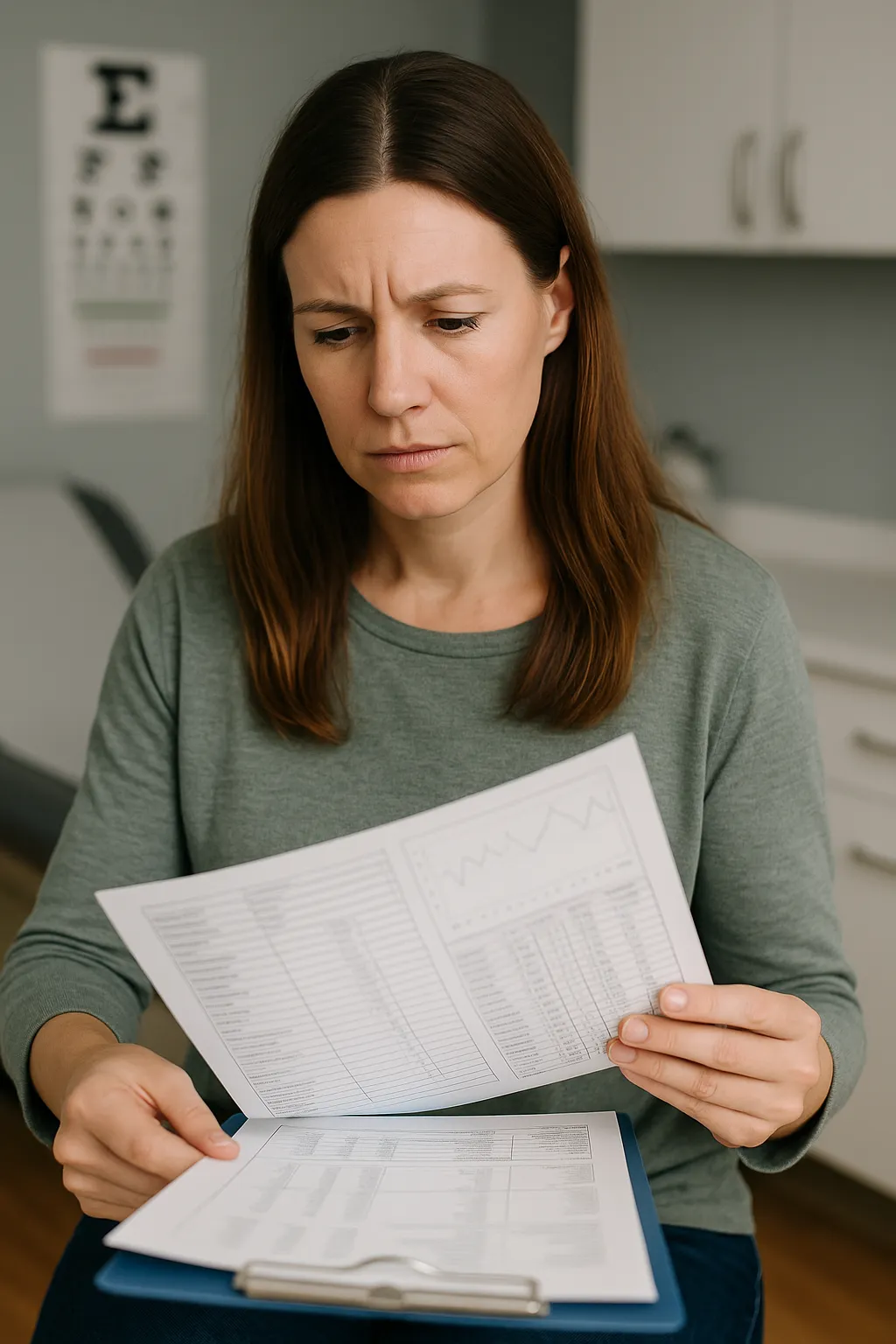
020 8787 5750

Chronic Inflammatory Response Syndrome

What is CIRS and Biotoxin Illness treatment?
Chronic Inflammatory Response Syndrome (CIRS) is a complex, multi-system illness caused by exposure to biotoxins, often from mould, water-damaged buildings, or other environmental sources. For many, the symptoms are persistent, wide-ranging, and resistant to conventional treatment. If you’ve been living with unexplained fatigue, brain fog, chronic pain, or mood disturbances, CIRS could be the underlying cause.
Laboratory Testing That Informs Every Step
One of the key advantages of working with Greenland Medical is our full access to advanced laboratory diagnostics. These tests are essential to confirming the diagnosis of CIRS, identifying environmental triggers, and guiding the most effective treatment strategy.
We offer comprehensive testing for:

Biotoxin markers and inflammatory pathways
Hormonal and nutritional imbalances
Nasal and Gastrointestinal Microbiomes
Environmental mould assessment
Genetic susceptibility (e.g. HLA-DR typing)
Markers of immune dysregulation and neuroinflammation
Why is CIRS Often Missed?
CIRS affects how your immune system responds to biotoxins, triggering a cascade of inflammation that disrupts your brain, hormones, immune system, and energy production. Because it doesn’t show up on standard tests, many patients are told “everything looks normal” despite feeling far from well. Left untreated, CIRS can become a chronic, life-altering condition.

A Personalised, Stepwise Approach to Healing
At Greenland Medical, we offer a comprehensive and evidence-informed pathway for treating CIRS, rooted in the Shoemaker Protocol. As a functional medicine practitioner, Dr Andrew Greenland provides a carefully sequenced, personalised approach that addresses both root causes and downstream effects.
Treatment may include:

Identifying and addressing ongoing exposure to mould and other biotoxins
Supporting detoxification pathways to safely remove toxins from the body
Improving mitochondrial function to restore cellular energy
Correcting hormone and nutrient imbalances
caused by chronic inflammation
Targeted use of Shoemaker Protocol steps, adapted to your specific presentation
Lifestyle guidance and psychological support, helping you regain control
Why Choose Greenland Medical
for Naturopathy?

Expert Leadership
Led by Dr Andrew Greenland, a specialist in functional medicine with expertise in complex, environmentally acquired illness

Root-Cause ce Driven Approach
Grounded in the latest clinical protocols for biotoxin illness and neuroimmune conditions

Root Cause Focus
Focused on root cause resolution, not just symptom management

Compassionate Care
Compassionate care that respects your experience and your autonomy
Frequently Asked Questions
What are the common symptoms of CIRS?
CIRS symptoms include fatigue, brain fog, headaches, chronic pain, mood changes, sleep problems, and hormonal imbalances. Symptoms often persist despite standard treatments.
What is the Shoemaker Protocol?
The Shoemaker Protocol is a step-by-step treatment framework for CIRS. It focuses on removing ongoing exposure, supporting detox pathways, restoring energy production, and correcting imbalances. Each step is adapted to your specific case.
Can children develop CIRS?
Yes. Children can be affected by biotoxin exposure in homes, schools, or daycare environments. Symptoms in children may include fatigue, poor concentration, mood changes, and frequent illness.
How long does treatment for CIRS take?
The length of treatment varies. Some people notice improvement within weeks, while others need months of stepwise care. The pace depends on your exposure, lab findings, and individual response to treatment.
Is recovery from CIRS permanent?
Recovery is possible with the right steps. If exposure is avoided and treatment is followed, many patients regain health and function. Continued monitoring helps reduce the risk of relapse.